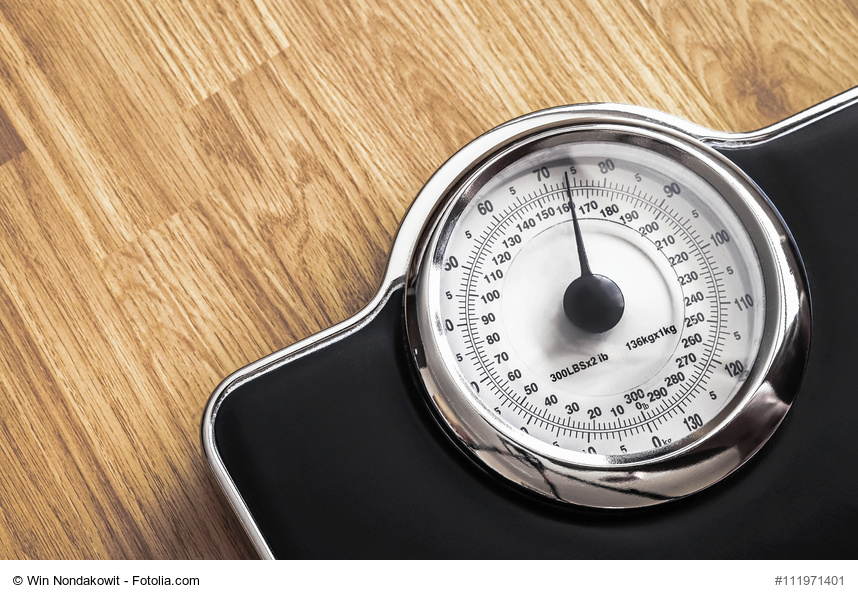Childhood obesity rates in the United States are reaching all-time-high levels. The Centers for Disease Control estimates that approximately 17 percent of children in the US are obese. This equates to 12.7 million children and adolescents. A recent study has found that childhood obesity is linked to an increased risk of developing colon cancer in adulthood.
Study Methods & Results
The study was analyzed by Zohar Levi, MD and his colleagues at Tel Aviv University in Israel. The study utilized information from approximately 1.8 Israeli citizens who underwent health examinations, including a body mass index (BMI) check. The research was conducted from 1967 to 2012. The study data was as follows:
Men
- 1,087,358 males studied
- 1,977 instances of colorectal cancer
- 1,403 colon cancer
- 574 rectal cancer
- 53% higher risk of colon cancer in obese patients.
Women
- 707,212 females studied
- 990 instances of colorectal cancer
- 764 colon cancer
- 226 rectal cancer
- 54% higher risk of colon cancer in obese patients.
The study found that the average age of diagnosis of colorectal cancer was 49.4 years of age. The study lacked data on diet, physical activity, and smoking habits, but the data was still significant enough to show a correlation, at the very least, between obesity in adolescence and colorectal cancer.
 Change Children’s Habits to Prevent Colon Cancer
Change Children’s Habits to Prevent Colon Cancer
If an adolescent is overweight or obese, it isn’t too late to improve their health. The increased risk of colorectal cancer is most likely caused by years of poor eating habits and low levels of physical activity. In order to improve this situation, it is important that teenagers:
- Eat a variety of fruits, vegetables, and whole grains. These foods contain vitamins, minerals, fiber, and antioxidants that can help prevent cancer.
- Exercise five days a week. 30 minutes of exercise per session is optimal. Exercise doesn’t have to be boring, sports, swimming, walking a dog, or anything else that gets the child up and moving all count!
- Quit smoking. Cigarettes can lead to a long list of other health issues in addition to increased risk of colorectal cancer.
- Once the weight is off, keep it off. Improving one’s health should be a life-long goal. If the child loses the weight but gains it back later, they may still be at-risk for health issues.
If you have questions about your colorectal health, or if you would like to make an appointment in Tacoma, WA, please call Northwest Medical Specialties at (253) 428-8700.
Sources:
https://medicalxpress.com/news/2017-07-weight-adolescence-affect-colorectal-cancer.html http://newsroom.wiley.com/press-release/cancer/weight-adolescence-may-affect-colorectal-cancer-risk http://www.mayoclinic.org/diseases-conditions/colon-cancer/manage/ptc-20188388

